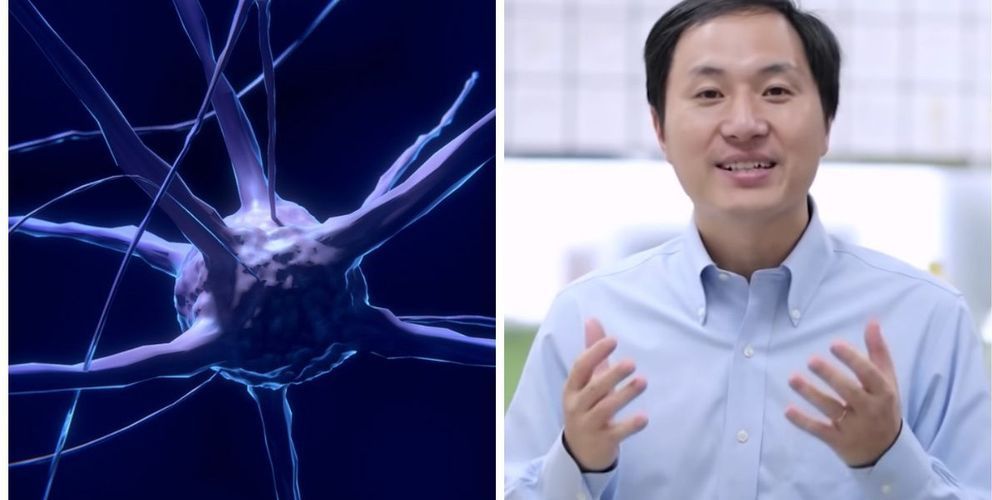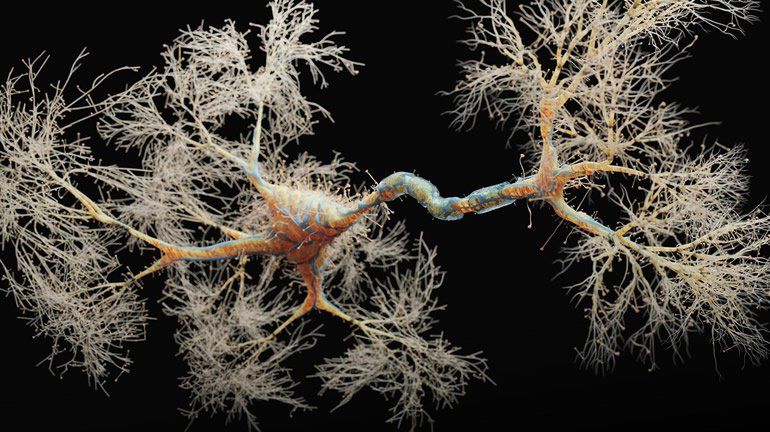According to a recent survey of more than 1,500 US based respondents, workers are now three times more likely to report poor mental health than they were before the pandemic. The study also claims that seventy-five percent of people have experienced burnout at work, with 40 percent saying they’ve experienced burnout during the pandemic specifically. The report suggests that this is not surprising, given that 37 percent of employed respondents are currently working longer hours than usual since the pandemic started.
However, just 21 percent said they were able to have open, productive conversations with HR about solutions to their burnout. Fifty-six percent went so far as to say that their HR departments did not encourage conversations about burnout. This survey was conducted by FlexJobs, fielded in partnership with Mental Health America (MHA) in late July 2020.
Key findings:





